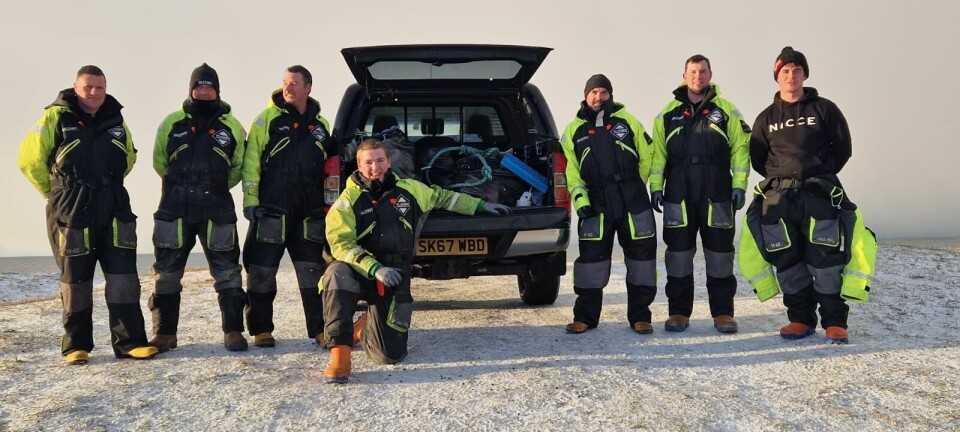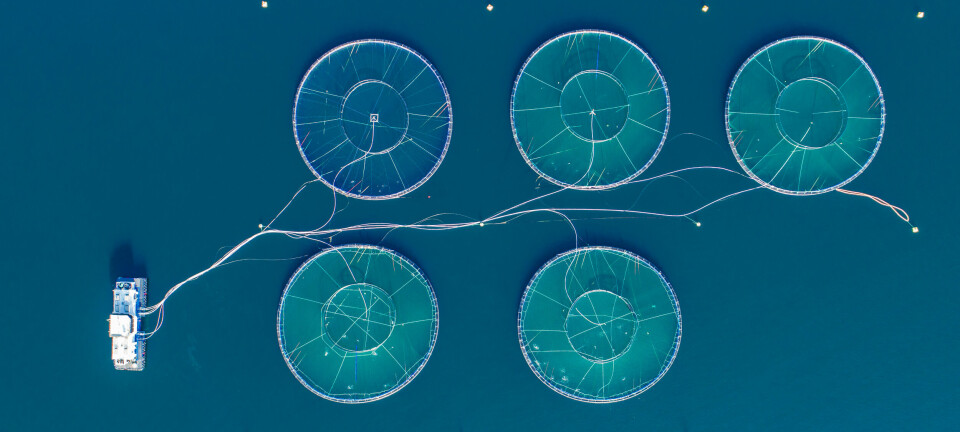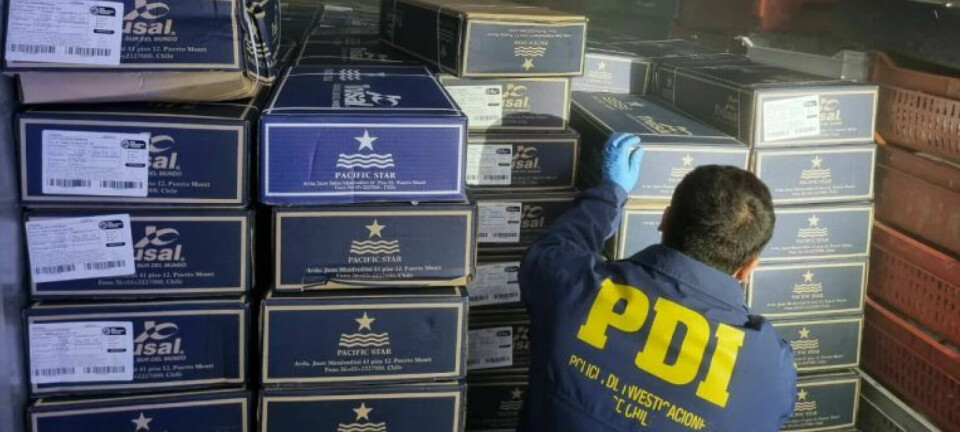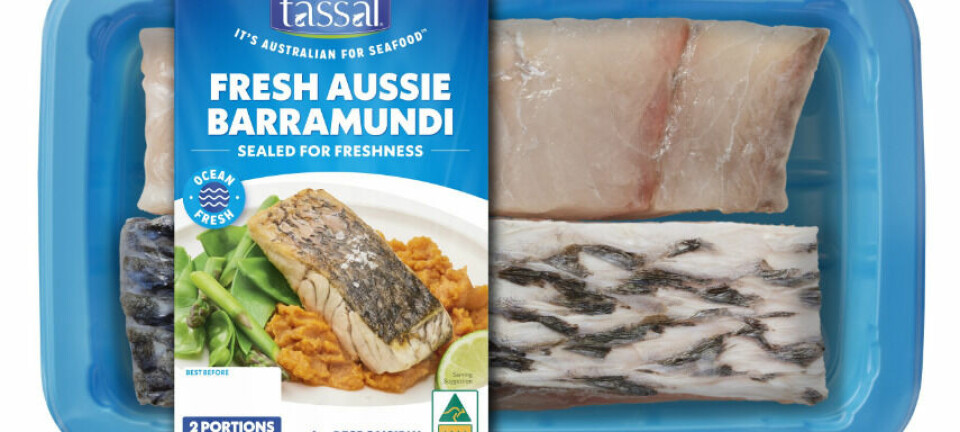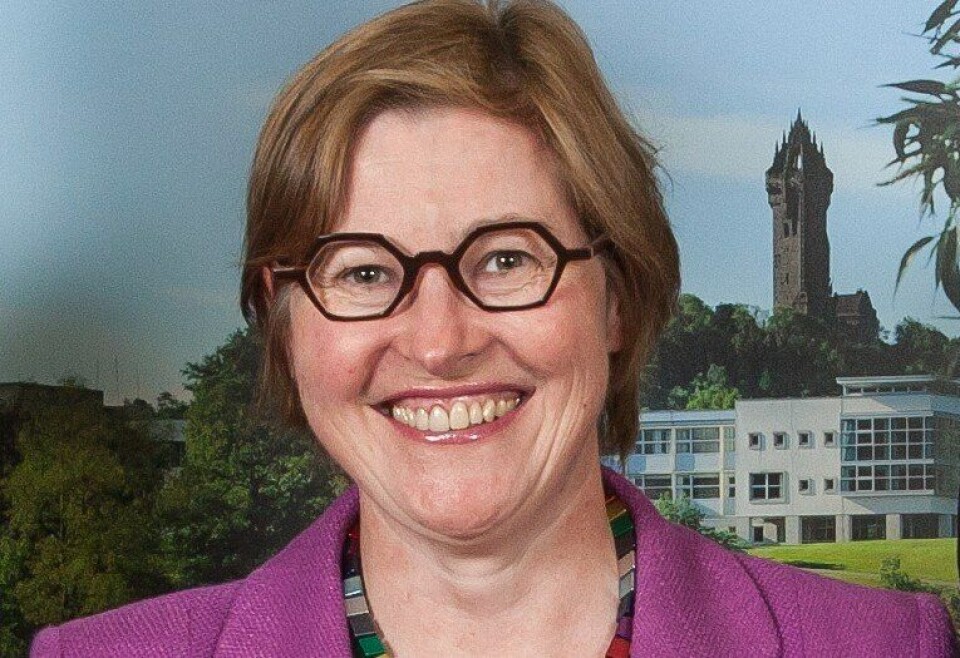
Looking back, thinking ahead: Heather Jones
Fish Farming Expert has asked well-known figures in the Scottish salmon farming industry about their high and low points of 2018, and what they hope for in 2019.Today we feature Heather Jones, chief executive of the Scottish Aquaculture Innovation Centre (SAIC).
What was your best moment / occasion of 2018?
There are two major areas where I’m most encouraged by our, and the industry’s, progress in 2018. The first was building a high-performing team in SAIC, encompassing aquaculture and professional services experience with enormous depth and strength. The blend of knowledge and skills amongst our six PhDs and other highly-skilled professionals enables SAIC to support the development of innovative projects and the communication of best practice throughout Scotland. We’re ready to keep working with industry, academia and stakeholders for the next five years and we look forward to doing so.
A personal highlight for me during 2018 was being involved in the independent expert panel on aquaculture science advising the Government of Canada. It was fascinating to work with technical experts from Canada, Chile, Norway, Scotland and the USA looking to share best practice on using sound science to inform policy decision-making. I feel privileged to have learned so much about practices in Canada and elsewhere, and I look forward to assisting in sharing good and emerging practice between Canada and Scotland. Indeed, SAIC has already commissioned an applied-research project involving regulators and farming companies in both jurisdictions.
And what was the worst?
I was disappointed at the level of partiality of questioning and ill-informed commentary that was a pervasive feature underpinning the Scottish Parliament’s REC Committee inquiry into salmon farming in Scotland. The Scottish industry’s fish health, welfare and husbandry practices; employment and health and safety practices; as well as very high food standards in salmon farming are second to none on a global stage. The lack of recognition of the way in which Scottish regulators and industry lead the way in many of our management practices is something I hope will be addressed in 2019.
What's the one thing you'd most like to see happen to benefit salmon farming in 2019?
I would love to see unequivocal support from government to back innovation in production practices and in regulatory practices. This would better support a thriving, sustainable industry that provides jobs, exports and inward investment opportunities to underpin a richer, fairer, more equitable society in Scotland.
On Monday: Ben Hadfield, managing director of Marine Harvest Scotland.
















































